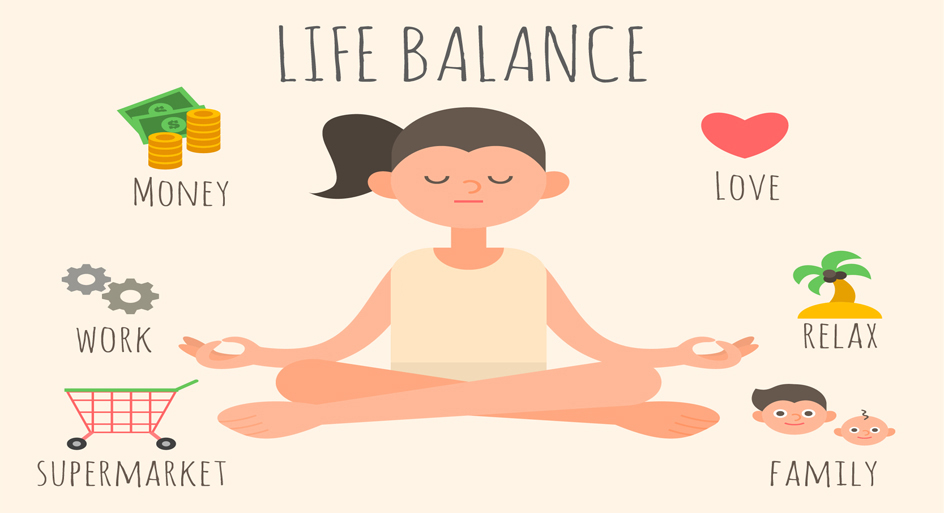But, what happens if we’re never able to get ourselves out of work mode? With ever-advanced technology providing a means of taking work with us wherever we are, many of us are finding it increasingly difficult to escape from the office – which can not only impact on our home life, but can actually be counter-productive and have serious implications for our overall health.
As part of our commitment to you, our policyholders, we have partnered with stress and mental wellbeing training organisation, Altruist Enterprises, to provide advice, guidance and training on identifying and tackling stress in the workplace. And, we’re delighted to share some top tips from founder and director, Katie Buckingham, on how to ensure you fully switch off after work:
1) Stop ruminating – If you didn’t quite complete your tasks today, it can be difficult to switch off once you leave the office. The fact is, it can feel like there’s always going to be something else to do. Instead of dwelling on it today, rest up and you’ll have the energy to take on any task tomorrow! Read a book, go for a walk or have a chat with someone close to you to take your mind off it. Dwelling on a problem will only increase stress.
Yes this is easier said than done. If you can’t take your mind off something, think about the worst case scenario and ask yourself: could I handle that? Sometimes it’s not that bad.
2) Get an outside opinion – Still can’t forget about it? If you are ruminating over a problem, talking about it with someone else and getting an outside perspective can help you think about things differently. A direct question to a friend or partner or a long conversation can help you gain perspective and give you peace of mind.
3) Put electronic devices aside – It’s so tempting to check your emails one last time before bed but using devices causes cognitive stimulation and can make you feel tense. Not only that, but the artificial light generated by a screen throws off your body’s internal clock. This can impact on sleep. Instead of checking your phone just before you close your eyes, check it half an hour before you go to sleep. Feeling tired the next day will increase stress further, but a good night’s rest will refresh mind and body.
4) Get a hobby – Whether it’s pursuing a new skill, following something you’ve always dreamed of, or some light stress relief, having something to take your mind away from the office in the evenings can be really beneficial! Need help choosing a hobby? Take a look at this https://discoverahobby.com/listofhobbies
5) Have boundaries – This is about having a good work/life balance. This might just be the most important tip on this list. When you’re at work, you’re an employee. Once you leave your workplace, you can be anything you want to be! The things you do in the office don’t matter a bit outside the office, so don’t let them matter! Concentrate on other things to switch off: plans for the weekend, dinner arrangements, the kids. Stress builds up if we dwell on something for an extended period of time, and considering other things, other people who are part of your life will ensure you keep appreciating them.
6) Mindfulness Exercises – Practicing mindfulness helps improve both physical and mental well-being. Mindfulness meditation is about being aware of the present moment without judgement, while calmly acknowledging and accepting one’s feelings, thoughts, and bodily sensations. In less than the time it takes to make a cup of coffee, short breathing exercises and focused thinking can immediately remove the physical effects of stress and anxiety. Interested in some free short Mindfulness exercise audios? Please email katie@altruistuk.com.
7) Let go – Most of us understand we can’t control everything, but sometimes it’s hard to separate the problems we can solve from the problems we can’t. Sometimes things go wrong but it’s usually not our fault.
If it feels like everything is going wrong and you are swamped, intellectual Stephen Covey devised a solution: the Circle Of Influence.
For each problem, ask yourself whether it is within your circle of influence which could be family, friends, employees or team members. If the problem is not something you can influence, then you should accept that you cannot control its outcome! If the problem is in your circle of influence, however, you are free to direct all of your positive energy into solving the problem at work. But, for now, concentrate on the things that matter: your family, your friends, and most of all, yourself!

